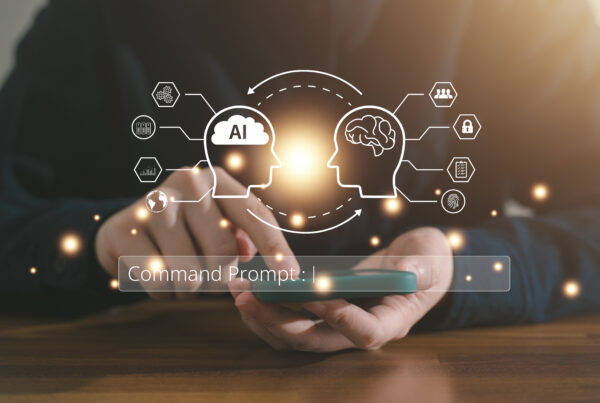Artificial Intelligence (AI) is rapidly reshaping education, and one of its most intriguing innovations is the emergence of custom GPTs—tailored versions of generative AI models. For instructors, particularly in fields like marketing that require constant adaptation and critical thinking, these tools present exciting possibilities. But do they truly revolutionize learning, or are they just a tech trend with more hype than substance?
What Are Custom GPTs?
Custom GPTs are fine-tuned AI models trained on specialized, often proprietary, data. Unlike general AI tools like ChatGPT, which are built on broad public datasets, custom GPTs are designed for specific tasks or domains. In education, they can be used as personalized tutors, test administrators, or discussion facilitators, and they can even be integrated into learning management systems (LMS).
Why Educators Are Paying Attention
1) Enhanced Learning Experiences:
Custom GPTs can adapt to individual student needs, offering real-time feedback and tailored quizzes or simulations. This makes learning more interactive and supports deeper comprehension—especially valuable in marketing courses that rely on case studies and real-world applications.
2) Increased Accessibility:
Students who may not have easy access to tutors or feel hesitant to ask for help benefit from 24/7 AI support. These tools can help level the playing field by offering consistent, personalized guidance.
3) Reduced Workload for Instructors:
Grading and answering repetitive student questions can be time-consuming. Custom GPTs can handle these tasks efficiently, allowing educators to focus on high-impact teaching strategies.
But There Are Limitations
Despite their potential, custom GPTs come with challenges:
Technical Glitches: Misunderstandings, errors, or bugs can cause confusion or mislead students.
Maintenance: These tools require regular updates and oversight to remain effective.
Lack of Human Touch: AI lacks the empathy, ethics, and nuance that human educators bring to the classroom.
The Bottom Line
Custom GPTs are not a magic fix—but they’re far from a gimmick. When thoughtfully implemented, they can be a powerful supplement to traditional teaching, helping instructors manage large classes and offer more personalized support. The key is not to replace educators, but to enhance their capabilities with tools that are accessible, adaptable, and responsible.
As AI continues to evolve, the role of educators will be critical—not just in teaching students, but in shaping how these technologies are used. Custom GPTs could be a game-changer—but only if we use them wisely.









 by
by